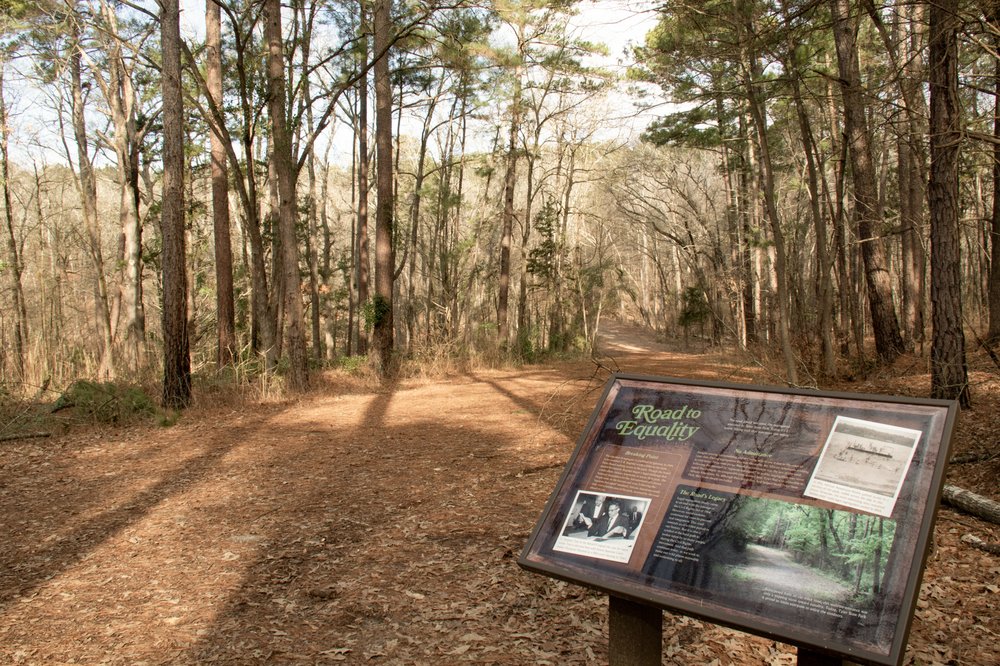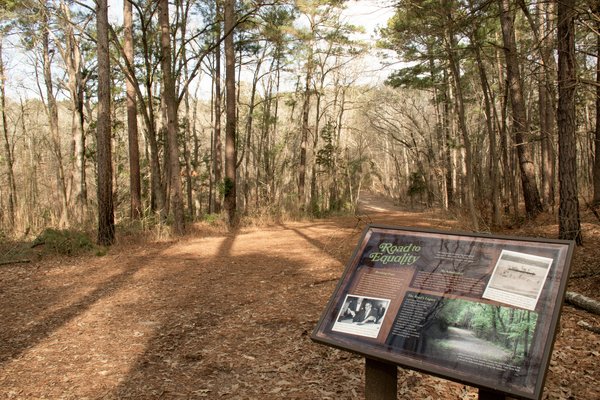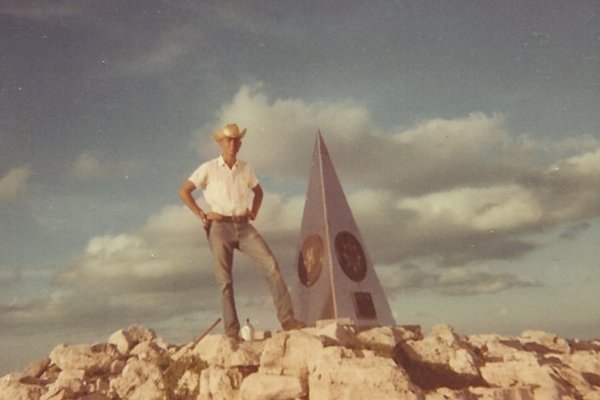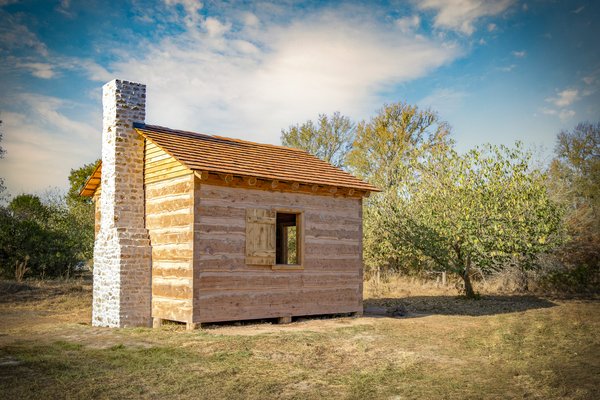In 1949, three representatives of the Tyler Negro Chamber of Commerce went to Tyler State Park and asked the park manager if the fish were biting and if Black people were allowed to fish or picnic at the park. The answer was: Yes and no. Yes, the fish were biting, and no, Black people were not allowed in the park.
The Tyler men — Thomas R. Register, Rev. J.W. Presley and P.E. Madlock — subsequently sued the State Parks Board to end segregation at Tyler State Park and other parks. Register, 53, worked for the Universal Life Insurance Co.; Presley was pastor of Bethlehem Baptist Church; Madlock, 49, was a dentist and member of the Texas College board. They were joined in the lawsuit by Austin professor W. Astor Kirk.
Their lawsuit, Register v. Sandefer, and protests by the NAACP made Tyler State Park a focal point in the movement to integrate state parks and led to state-level efforts to expand park access for Black Texans after years of Jim Crow laws that prevented or discouraged Black visitors.
In their search for solutions, the Legislature and State Parks Board considered opening Black-only parks, converting existing parks to Black-only use, setting aside portions of parks and even closing some parks entirely.
After closing for almost a year, Tyler State Park reopened in 1951 with an area on the south side of the lake set aside for use by Black visitors. The rest of the park, including the swimming dock, CCC-built bathhouse and concession building, remained off-limits. The park created a separate entrance, utilizing an existing back road, for Black visitors to use.
“It was separate but not equal,” says Vicki Betts, a Tyler historian who has researched segregation at the park and who visited the park as a child during the segregation years.
Future Supreme Court Justice Thurgood Marshall even got involved. In 1956, the State of Texas brought a case against the NAACP regarding the group’s involvement with Tyler State Park and various school issues, and Marshall traveled to Tyler to represent the NAACP.
Texas state parks were not fully desegregated until 1964, with the passage of the federal Civil Rights Act.
State Parks Director Rodney Franklin says the Tyler plaintiffs led the way in showing that state parks are for everyone. The men’s efforts are featured in Tyler State Park’s new visitors center.
“I think that people can relate to these stories — the road to justice and the struggles to get equality and people fighting for something they felt was important,” Franklin says. “It tells us that people thought enough about state parks and the outdoors to actually do something about it, to fight for their right to access.”








